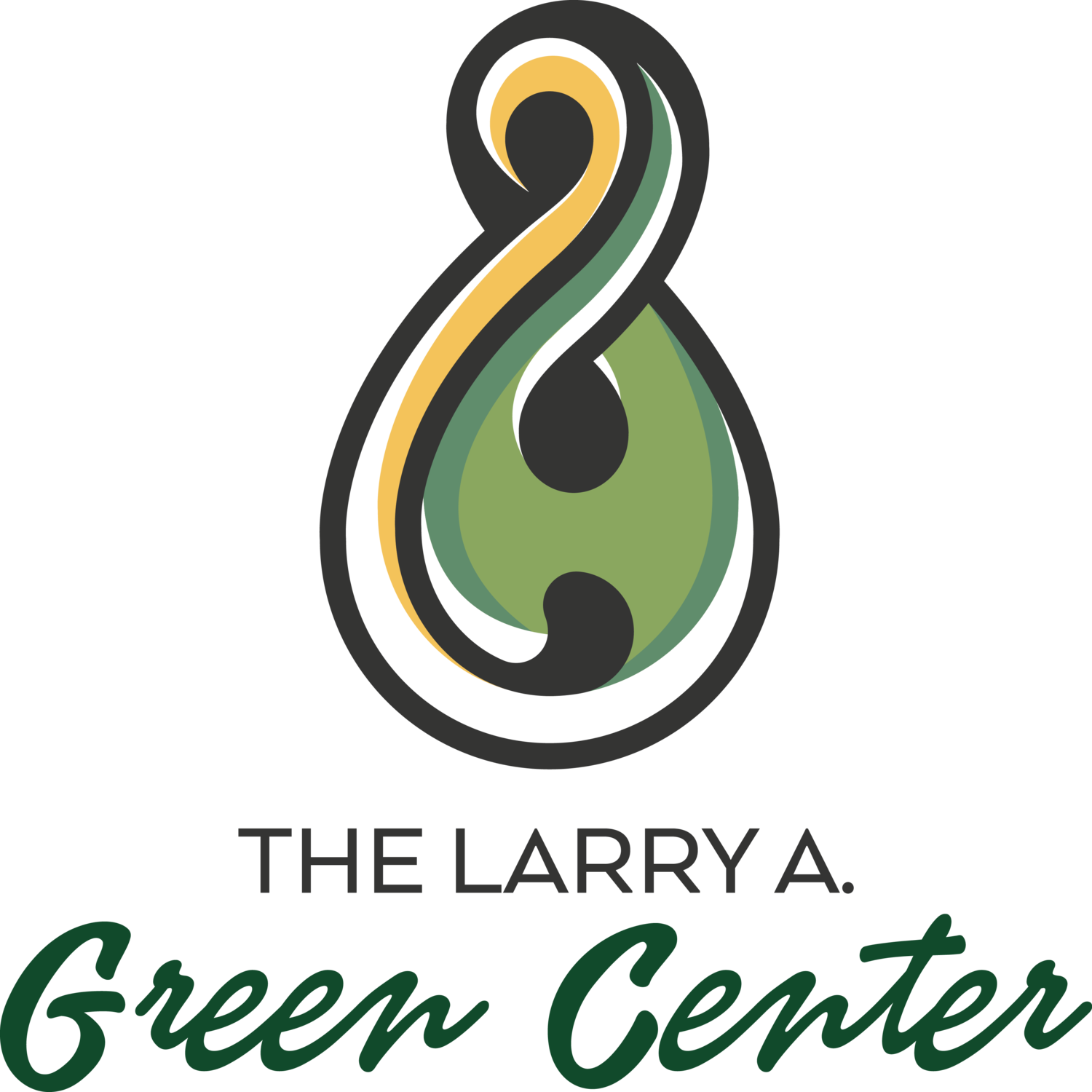Management of Dementia Related Behaviors During COVID: a Virginia Nursing Home Clinician Survey, November 2021
J. William Kerns, MD; Jonathan D. Winter, MD: Rebecca S. Etz, PhD; C. Christian Bergman, MD: Sarah Reves, FNP-C
New study finds that behavioral symptoms related to dementia sharply increased during the pandemic, along with an increase in the use of common medications and reduced use of non-medication management, possibly due to lost staffing and volunteer time. These are preliminary findings from a survey of Virginia nursing home clinicians funded by the Virginia Center on Aging, ARDRAF 22-2.
Below please find a summary of preliminary findings followed by a brief commentary.
PRELIMINARY QUANTITATIVE FINDINGS among respondents (n=23)
74% reported an increase in dementia symptoms, and when asked about the specific behavioral symptoms listed below they marked an increase in the following:
· Depression 78%
· Anxiety 78%
· Apathy 65%
· Irritability/aggression/disinhibition 65%
· Delusions/hallucinations 39%
· Mania 17%
Decreases in use of non-drug dementia management were seen, and said to be due to
· Decreased availability of family and volunteers 43%
· Changes in staffing 35%
Participants reported increases in use of the following medications for dementia symptoms:
· Antidepressants 43%
· Second generation antipsychotics 26%
· Mood stabilizer 13%
· Sedating antidepressants 13%
· Benzodiazepines 9%
· Other anxiety meds 9%
· First generation antipsychotics 4%
PRELIMINARY QUALITATIVE FINDINGS among respondents (n=19)
Categorical findings among open text comments are found below. Each is reported as a percentage of total comments submitted, along with examples of how these were evidenced in the data:
· Isolation from family, staff, other residents resulted in worsening outcomes (56%)
o “When we finally opened back up it was tough. Many of the residents had no recognition of the person who was visiting them.”
o “Some of the patients have lost ground without socialization, and will not regain.”
· Increased dementia management was needed even as fewer resources were available (33%)
o “Increased need for non-med management but decreased resources.”
o “Management has mostly stayed the same, but far more patients are symptomatic.”
· Success adaptations for dementia management were noted by 17% of respondents
o “creativity to engage residents on a one to one level and social distancing socialization” (17% of respondents)
Respondent characteristics:
· 52% rural, 35% suburban, 13% urban
· 56% female
· 74% physician
· 35% geriatric specialists
· 52% with >20 years of experience; 8% with <5years
Nursing Home resident ethnic makeup:
· <10% ethnic/minority 42%
· 10-49% Ethnic minority 46%
· >49%ethnic minority 8%
· Not sure 4%
The findings above are from an ongoing study lead by Drs. Kerns and Winter to evaluate the impact of the pandemic on nursing home dementia care and outcomes. They hypothesized that the intense strain and pressure of the pandemic has functioned as a stress test on Commonwealth nursing facilities, unmasking and exaggerating existing dysfunctional processes and gaps in care. Since the start of the pandemic, they have described an increase in all dementia related behavioral symptoms along with functional losses that are likely to be irreversible. Decreased availability of employed and voluntary staffing as well as family and community supports has decreased the availability of all non-drug interventions for dementia. Conversely, the use of risky drugs for dementia symptoms has dramatically increased. Ominously, there appears to be an increasing separation of the ‘have’s and the have-nots,’ with the greatest negative pandemic impacts noted for resource-poor facilities in vulnerable communities, both rural and inner city, with lower social determinants of health. On the other hand, this crisis has not been without its victories. Beyond the personal heroism of staff, families, and residents, pandemic stressors have forced innovation in the treatment of dementia symptoms with increased resident involvement in each other’s care, creative engagement strategies that are consistent with social-distancing protocols, and an increased reliance on family and community resources. Drs Kerns and Winter have been distributing an online survey for ongoing nursing home provider feedback and insight.
For the last decade, Drs J. William Kerns and Jonathan Winter, faculty at the VCU-Shenandoah Family Practice Residency in Front Royal Virginia, with the assistance of the VCU Department of Family Medicine and Population Health, have been investigating issues surrounding the use of risky psychiatric medications in nursing homes. Intriguing findings of their work include the description of significant barriers to the use of non-pharmacologic alternatives to medications that do not exist for drugs. They believe that optimal dementia care will not occur until non-pharmacologic therapies for dementia symptoms are as available, affordable, and accessible as drugs.
